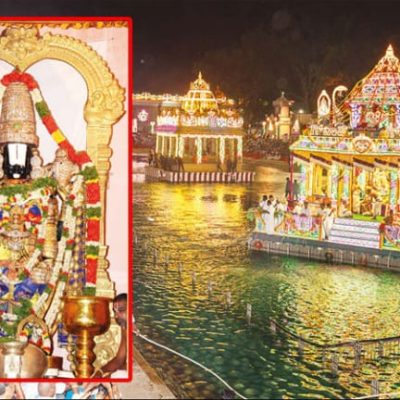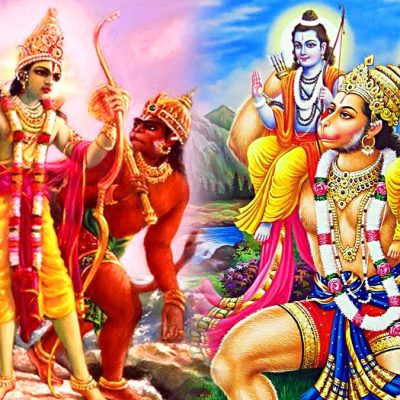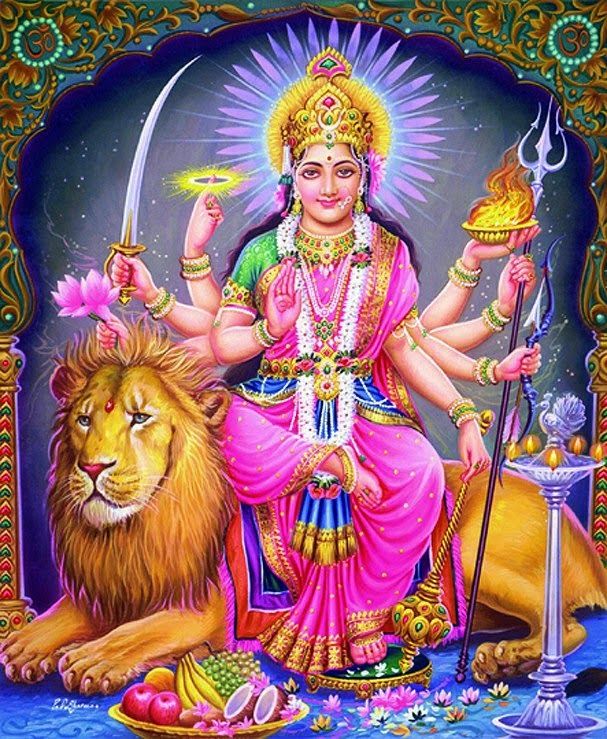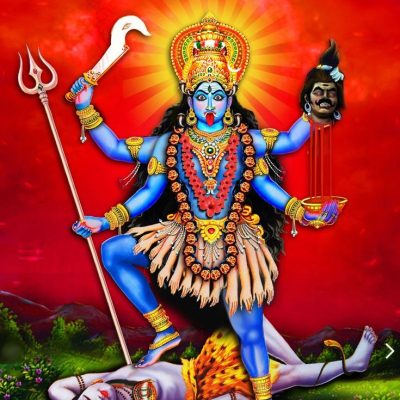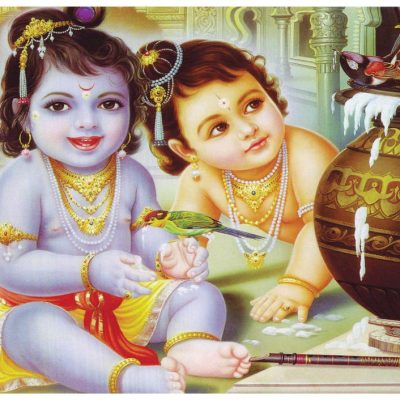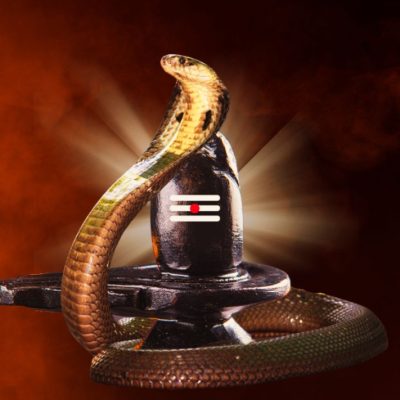Kadampuzha Bhagavathy Devi Temple- Kerala
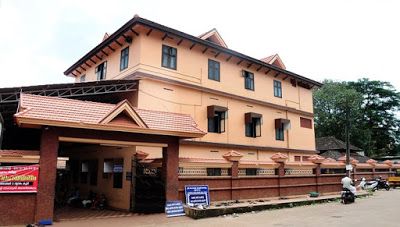
Address
Kadampuzha Bhagavathy Devi Temple- Kadampuzha, Malappuram Circle, Kerala-676553 Phone: +91 494-2615790
Deity
Amman: Parvati/ Durga
Introduction:
- Location: The Kadampuzha Bhagavathy Devi Temple is a well-known pilgrimage center located in Kadampuzha, Malappuram district, Kerala.
- Deity: The main deity is Goddess Parvati/Durga, worshipped in the form of a huntress. Unique to this temple, there is no idol of the Goddess; instead, she is worshipped in a pit.
- Sub-shrines: The presence of Lord Ganesha is also believed to be alongside the Goddess, and there are sub-shrines for Lord Sastha and serpent deities.
- Nearby Shiva Temple: Close to the Bhagavathy temple, there is a separate Shiva temple called Madambiyarkavu. Both temples are managed by the Malabar Devaswom Board.
- Unique Worship: One of the unique features of this temple is that the Goddess is worshipped in a hole, and it is believed that she disappeared after showing her presence to Adi Shankaracharya, the 8th-century Indian philosopher who is considered the temple’s founder.
Puranic Significance:
- Connection to Mahabharata: The origin of the Kadampuzha Temple is linked to the epic Mahabharata, particularly to the Aranyak Parva (Book of the Forest).
- Story of Arjuna’s Penance: During his exile, Arjuna, on Lord Krishna’s advice, performed penance to obtain the Divya Astras (celestial weapons) necessary for the impending battle with the Kauravas. He sought the most powerful of them all, the Pashupathastra, from Lord Shiva.
- Encounter with Lord Shiva: To test Arjuna’s dedication, Lord Shiva and Goddess Parvati disguised themselves as a Kirata King and his wife. A fierce battle ensued between Arjuna and Lord Shiva, who had disguised himself as a wild hunter, after they both simultaneously shot an arrow to kill the demon Mookasura, who had taken the form of a boar.
- Realization and Blessing: After a long, intense fight, Arjuna realized the Kirata King was actually Lord Shiva. Overwhelmed with remorse, he begged for forgiveness. Lord Shiva, pleased with Arjuna’s humility, granted him the Pashupathastra, while Goddess Parvati (Thwaritha Devi) blessed him with boons.
- Creation of Kadampuzha: After these events, Goddess Parvati requested Lord Shiva to create a water source to quench her thirst. He shot an arrow into the ground, bringing forth the Ganges. Pleased with the serenity of the location, Goddess Parvati requested that the place be blessed as her sacred abode, where devotees would receive blessings. The divine presence of Thwaritha Devi was attached to the hole created by Lord Shiva’s arrow, and the Shiva Chitanyam was attached to a stone nearby. Adi Shankaracharya later discovered this sacred presence and consecrated the temple.
Beliefs:
- Coconut Breaking Ritual (Muttarukkal): Devotees perform various Muttarukkal rituals, such as Teka Muttu, Karma Muttu, Bhoomi Muttu, Kiraka Muttu, Vidya Muttu, Mangalya Muttu, Santhana Muttu, Chatru Muttu, and Vahana Muttu, to eliminate obstacles, diseases, and difficulties. The ritual involves breaking a coconut in front of the Goddess to determine whether a devotee’s wish will be fulfilled or if any issues persist. The coconut’s shells are returned to the devotees as offerings.
- High Number of Rituals: Thousands of coconuts (ranging from 7,000 to 20,000 daily) are broken as part of this practice.
Special Features:
- Forms of the Goddess: The Goddess is worshipped in three forms: Vidya Durga (Saraswati), Vanadurga (Durga), and Aadi Durga (Mooladurga-Lakshmi).
- Durga: Grants health, early marriage, and domestic harmony.
- Saraswati: Blesses devotees seeking education and career success.
- Lakshmi: Bestows wealth and prosperity.
- Muttarukkal: A unique offering ritual where devotees bring coconuts that are broken by the priest in front of the Goddess to remove hostile influences or obstacles.
Festivals:
- Poomoodal Festival: The main festival celebrated at the temple, during which devotees offer Techchi (Ixora Indica) flowers as part of the ritual.
- Muttarukkal Ritual: Another significant offering performed by breaking coconuts to ward off hostile influences and bring blessings.
Century/Period/Age
1000-2000 Years old
Managed By
Malabar Devaswom Board.
Nearest Bus Station
Kadampuzha
Nearest Railway Station
Kuttippuram
Nearest Airport
Kozhikode



